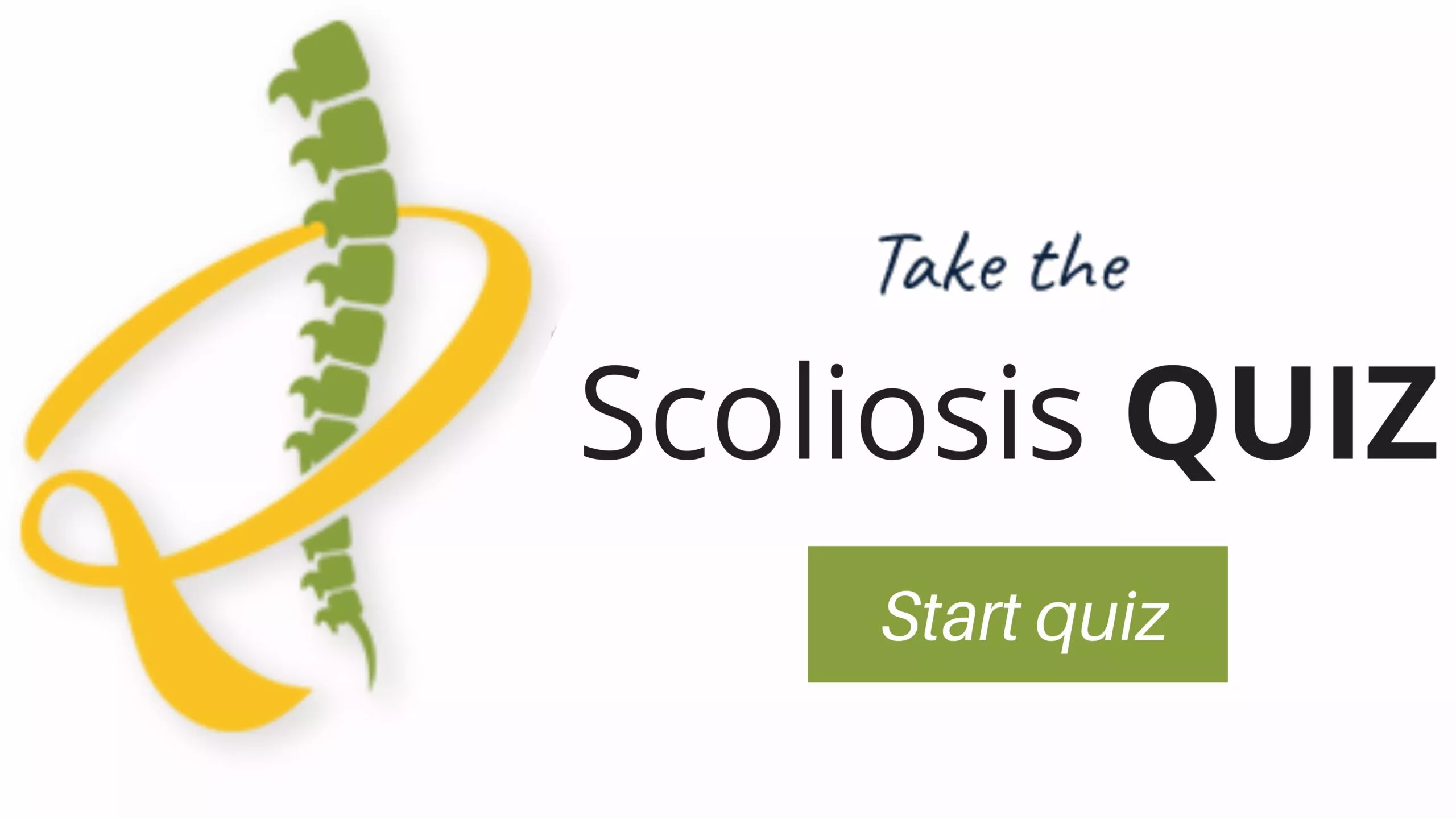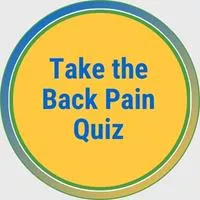Effective pain management at home after spinal surgery is essential for a smooth recovery. Proper medication management, and following the surgeon’s instructions can help alleviate discomfort and promote healing.
Pain Management
 After your surgery and you are discharged from the hospital, you will be given a prescription for oral pain medicines. The goal of pain management at home is to reduce pain so that you can participate in physical therapy and other daily activities for a faster recovery.
After your surgery and you are discharged from the hospital, you will be given a prescription for oral pain medicines. The goal of pain management at home is to reduce pain so that you can participate in physical therapy and other daily activities for a faster recovery.
You have a team helping you at the Southwest Scoliosis and Spine Institute and we will provide you with a pain management medication plan. We will provide pain medicines when you are in the hospital and provide a prescription for your pharmacy after your discharge. Also, we will continue to proscribe your pain medicines and move to milder ones as you begin to heal.
Helpful Hints to Reduce Pain
- Stay “ahead of” your pain; take pain medicine before your pain gets out of control or it will be less effective.
- Consider taking your pain medicines at least 30 minutes prior to your physical therapy sessions.
- Apply an ice pack, not directly on the skin, and no longer than 20 minutes per hour — a bag of frozen peas wrapped in a kitchen towel works well.
- Change positions every 45 minutes during the day.
- Avoid prolonged sitting or standing in place.
- DO NOT use a heating pad on your cut area.
Questions and Answers
How long will I experience Pain after Spine Surgery?
The duration of pain after spine surgery varies depending on the specific procedure performed, the individual’s overall health, and the extent of the surgery. It is common to experience some pain in the immediate post-operative period, which can gradually improve over time. In general, most patients will have significant improvement in pain within a few weeks to a few months following surgery.
What Pain Management Techniques are used after Spine Surgery?
Pain management after spine surgery typically involves a multimodal approach, combining different techniques to effectively control pain. This may include medications such as analgesics, nonsteroidal anti-inflammatory drugs (NSAIDs), and opioids, if necessary. Other pain management techniques may include physical therapy, ice or heat therapy, transcutaneous electrical nerve stimulation (TENS), and relaxation techniques. The specific pain management plan will be tailored to the individual’s needs and may vary depending on the type of surgery and the surgeon’s recommendations.
Are their risks when taking medicine for pain after Spine Surgery?
Pain medications used after spine surgery can have potential risks and side effects. Opioids, in particular, carry the risk of dependence, addiction, and respiratory depression. Non-opioid medications like NSAIDs can have adverse effects on the gastrointestinal system or kidneys. It is important for patients to follow their surgeon’s instructions regarding medication dosage and duration and to report any concerning side effects to their healthcare provider. Pain management strategies may also include non-medication approaches to minimize the need for prolonged medication use.
Medications for Pain Management
Our doctors will provide prescriptions for you when you leave the hospital. For example, these are pain medications, muscle relaxants, and/or anticonvulsants.
Narcotics
Narcotics are useful in reducing pain and improving the ability to function and/or work. However, narcotics are also very addicting, and long-term use should be avoided. Depending on many variables, your doctor will determine which pain medicine is right for you. Then for the first couple of days at home, the dosage is every four to six hours, and as you heal, less pain medicine will be needed. You can start by increasing the timeline to take doses. After that start reducing the number of pills that you consume each time. In addition, you will feel a certain amount of discomfort until the inflammation and swelling go down. Also, you need to wait for the time till the nerve sensitivity decreases.
Most patients are off all narcotic pain medications for six weeks.
Narcotic side effects may include:
- Constipation
- Drowsiness
- Itchiness
- Nausea and vomiting
- Impaired judgment (do not make important decisions, operate heavy machinery, or do work at elevated heights while on narcotics)
- Muscle Relaxants
Post-operative muscle contractions can turn out to be severe and painful. This pain occurs due to muscle retraction and dissection at the time of surgery. Moreover, a combination of muscle relaxants, rest, and stretching helps to manage muscle spasms. Furthermore, muscle relaxers are scheduled to be taken every six to eight hours. DO NOT stop muscle relaxants unless directed to do so as this will increase your pain.
Muscle relaxant side effects may include:
- Flushing
- Dizziness
- Drowsiness
- Metallic taste
- Nausea and vomiting
If you were prescribed Valium in the hospital for muscle spasms, it was as a supplement, not a replacement, for your scheduled muscle relaxant. Do not continue Valium once you leave the hospital because we cannot monitor you closely and those medications can have dangerous medication interactions.
Nerve-Stabilizing Medications (Anticonvulsants)
Patients who have nerve-related leg pain after surgery will be prescribed an anticonvulsant such as:
- Neurontin (gabapentin)
- Lyrica (pregabalin)
This class of medications decreases the number of pain signals sent out by damaged nerves. They relieve neuropathic pain (nerve pain) that can occur in arms, hands, fingers, legs, feet, or toes. Symptoms should gradually improve over time.
Anticonvulsant side effects may include:
- Drowsiness
- Fatigue or weakness
- Dizziness
- Headache
- Shaking from a part of your body that you cannot control
- Swelling of the extremities
Additional Information about Medications & Pain Management
IMPORTANT INFORMATION ABOUT OTHER MEDICATIONS, AND DIETARY AND HERBAL SUPPLEMENTS
Just as some medications and dietary and herbal supplements can affect patients during surgery, there are some drugs that can also interfere with recovery and spinal fusion. For instance, NSAIDs (anti-inflammatories) can impede the spinal fusion process. Do not take them or any medications containing them for at least six months after all fusion surgeries. These include ibuprofen (Advil, Motrin), naproxen (Aleve, Naprosyn), meloxicam (Mobic), and oxaprozin (Daypro).
__________________
The Surgeons at Southwest Scoliosis and Spine Institute
As Orthopedists, we see children and adults in pain all the time, and our job is to have our patients pain free. So pain is at the top of our mind and we treat it every day of the year. Over the years, we have become extremely proficient in treating pain and our collegues look at us as the experts. If you or anyone in your family is suffering from pain, please make an appointment. We have appointments available within 24 hours.
____________________
National Institute of Health: Managing Pain after Spine Surgery
If you or a loved one suffers from spinal pain, you owe it to yourself to call Southwest Scoliosis and Spine Institute at 214-556-0555 to make an appointment.


